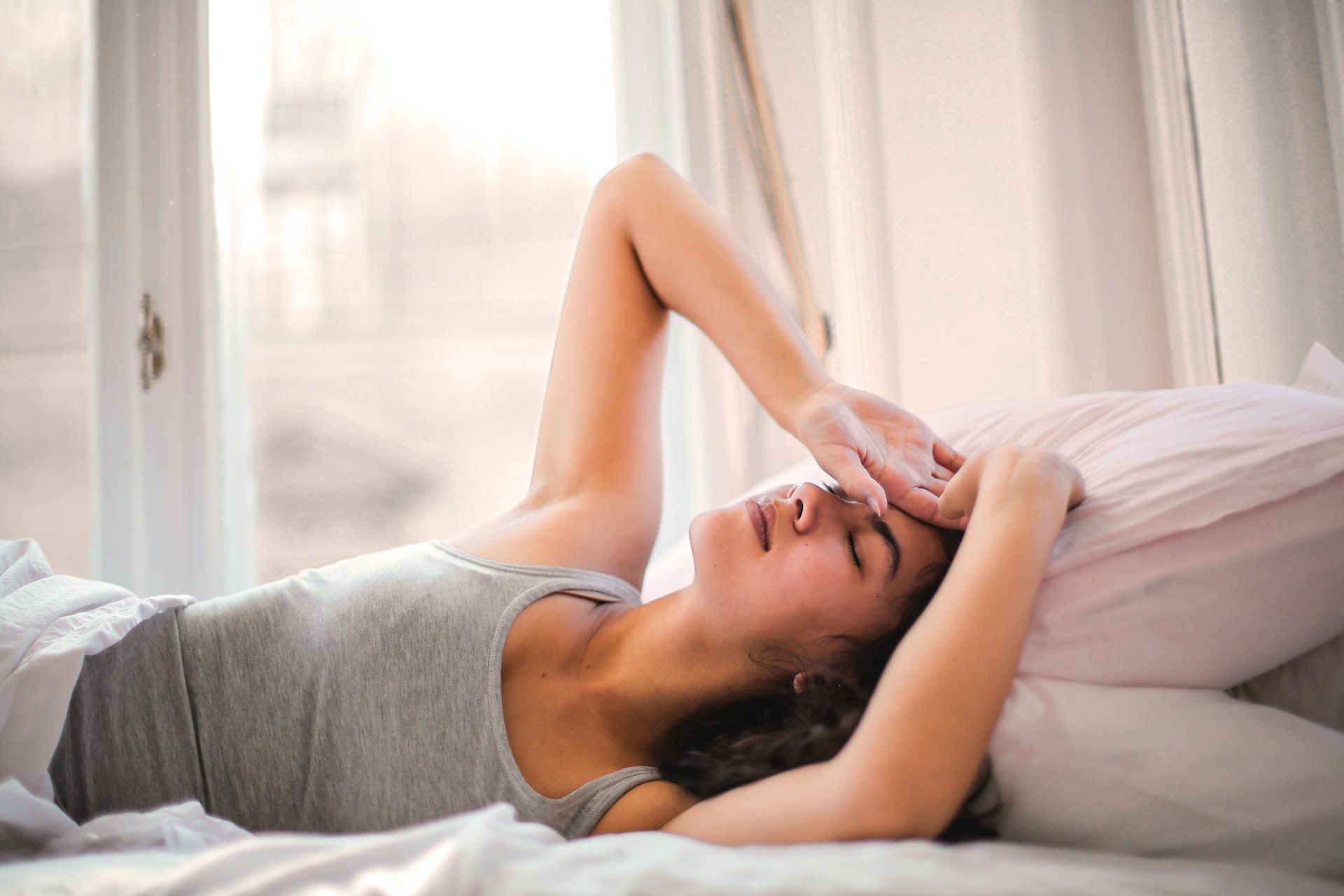Many of us suffer with our sleeping patterns these days. We live in a world where we’re continually on the go, while stress levels are continuing to rise as we try to combat the cost-of-living crisis and everything that comes with it.
Sleeping pills are often what people turn to in order to get a good night’s sleep. And while there’s nothing wrong with that, it can have its risks too, in particular addiction to the tablets. Benzodiazepine, the substance in sleeping pills, can be incredibly addictive, and essentially cause more stress and anxiety during waking hours. That can often require treatment, and benzodiazepine withdrawal can be an incredibly tough process to go through.
High quality sleep is essential for optimal cognitive function and good mental health. If you are struggling to sleep, there are often some simple changes to your life that you can make to get your sleeping patterns back on track. These include:
Limit caffeine and alcohol
Caffeine and alcohol are two substances that can have a big impact on your sleep. Caffeine is a stimulant that can make it harder to get to sleep and stay asleep, so it is best to avoid it in the late afternoon and evening. Alcohol can make you feel drowsy, but it does not lead to good quality sleep, so it is best to avoid it in the evening.
Exercise regularly
Regular exercise can help you to relax and make it easier to fall asleep. Aim for at least 30 minutes of moderate exercise most days of the week. Exercise can also reduce stress, which is another factor that can make it difficult to get to sleep.
Reduce stress
Stress is a common cause of insomnia and it can make it much harder to get to sleep. Taking steps to reduce stress, such as meditation, yoga, and deep breathing, can help to make sleep easier.
Stick to a regular sleep routine
Having a consistent sleep routine can help to regulate your body’s internal clock and make it easier to fall asleep. Aim to go to bed and wake up at the same time every day, even on weekends.
Avoid screens before bed
The light from screens can interfere with your body’s natural production of melatonin, a hormone that helps you to sleep. Try to avoid using screens such as TVs and phones close to bedtime.


